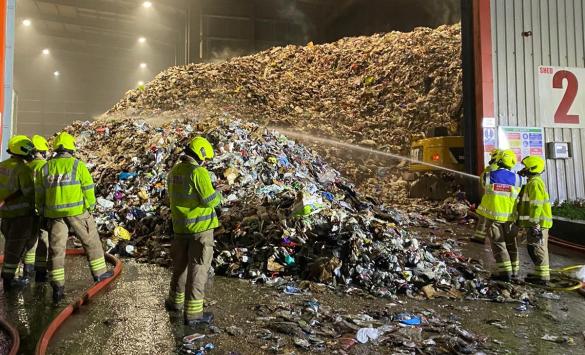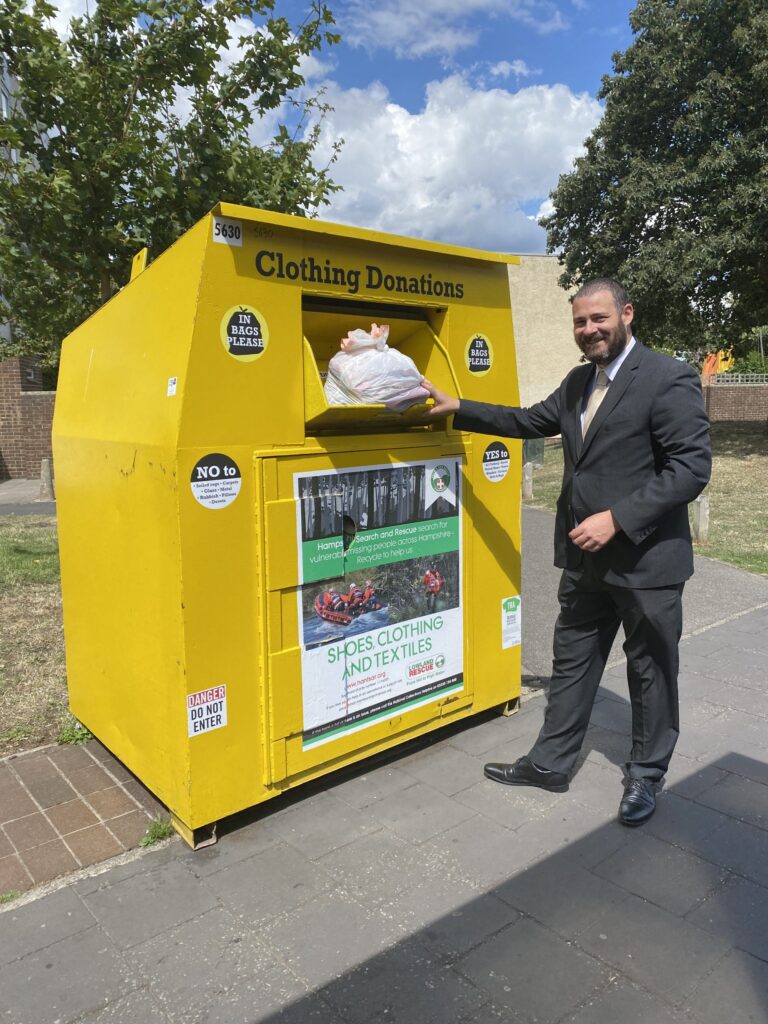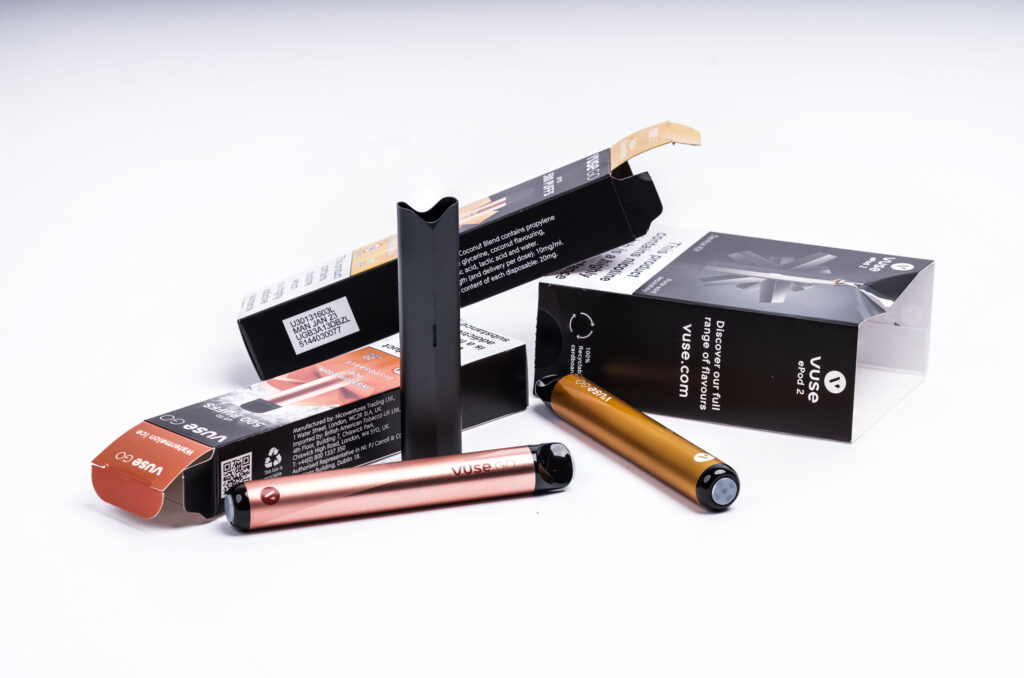Steag Power Minerals Ltd, which is a subsidiary of STEAG Entsorgung-GmbH, intends to work with British coal-fired power stations to find markets in the building sector for recycling ash into concrete.
” Fly ash has no detrimental affects and actually improves the quality of concrete “
– Hans Peter Ickemeyer, Steag Power Minerals
The company, which claims to have helped over 50 power stations in Germany market over 4 million tonnes of fly ash a year, hopes to boost the UK's current recycling rate for ash following increasing demand from power stations.
Thomas Duve, chief executive officer, said: “With less than 50% of coal-based fly ash being recycled in this country, there are clearly huge commercial and environmental opportunities for working with this valuable resource.”
“We very much look forward to working with colleagues in coal-fired power stations across the UK to recycle fly ash and to help reduce the carbon footprint in this energy sector,” he added.
“Stable”
Despite some controversy over recycling fly ash in the past, Steag claimed that the material was stable and had no negative effects on the environment when it was converted into concrete.
Hans Peter Ickemeyer, marketing advisor, told Letsrecycle.com: “Fly ash has no detrimental affects and actually improves the quality of concrete – for instance some forms of fly ash can make concrete more resistant to salt water. Concrete engineers also know how to mix each type to get the best result.”
Mr Ickemeyer explained that making up to a third of every cubic metre of concrete out of fly ash could even improve the environment.
He claimed: “Cement making is very energy intensive and so if a third is fly ash, it does not have to be processed, and cuts down on carbon dioxide emissions.”
Waste
Steag Power Minerals said that fly ash did not deserve to be called a waste, and called for it to be labelled a “by-product” like in the rest of Europe.
Mr Ickemeyer explained: “Fly ash is basically a mineral, silica, not a waste.”










Subscribe for free